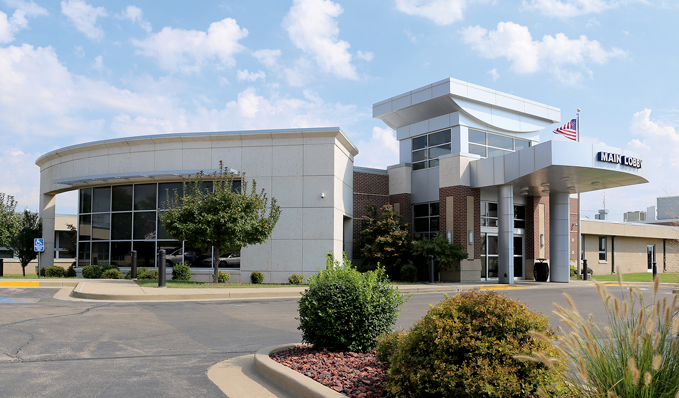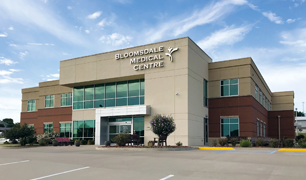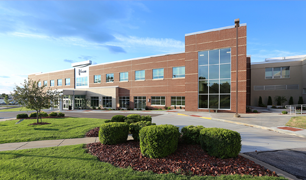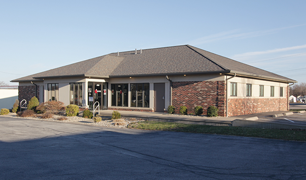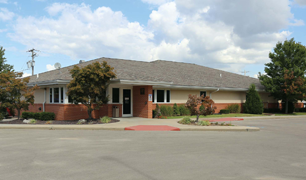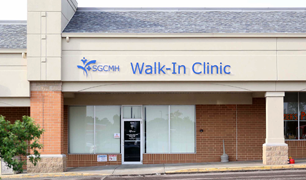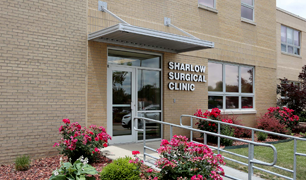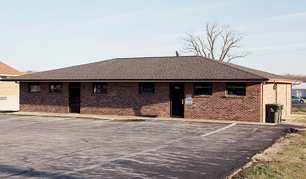Helpful Links
Knowledge is the power that will beat breast cancer. Whether you're searching for information or inspiration, the following links are critical resources.- BreastCancer.org
- Plwc.org
- Komen.org
- BreastCancerPrevention.org
- Cancer.gov
- American Cancer Society
- FORCE-Facing Our Risk of Cancer
- American College of Surgeons
General surgical patient education material. Includes information about patient choice along with helpful brochures on frequently performed procedures.
An Informed Decision
The treatment options available to you will depend on a number of factors, including the type of tumor, the extent of the disease at the time of diagnosis, your age, and your medical history. However, your personal feelings about the treatment, your self-image and your lifestyle will also be important considerations in your doctor’s assessment and recommendations.

Reading Material Dr. Susan Loves' Breast Book considered the bible of breast-care books since it appeared in 1990. Updated to include new biopsy and screening methods, implants, the pros and cons of hormone therapy, new discoveries in breast-cancer treatment, and many other topics.
Glossary
- Anesthesia: loss of feeling resulting from the administration of drugs or gasses.
- Benign: not cancerous.
- Biopsy: removal of a sample of tissue to see if cancer cells are present.
- Chemotherapy: treatment with drugs to destroy cancer cells. Most often used to supplement surgery or radiation therapy.
- Lymph Nodes: part of the lymph system that removes wastes from body tissue and carries the fluids that help the body fight infection. Lymph nodes in the underarm are those most likely to be invaded by cancer cells and, therefore, are removed during breast cancer surgery.
- Malignant: cancerous.
- Mastectomy: surgical removal of the breast.
- Pectoral Muscles: muscles that overlay the chest wall and help support the breast.


